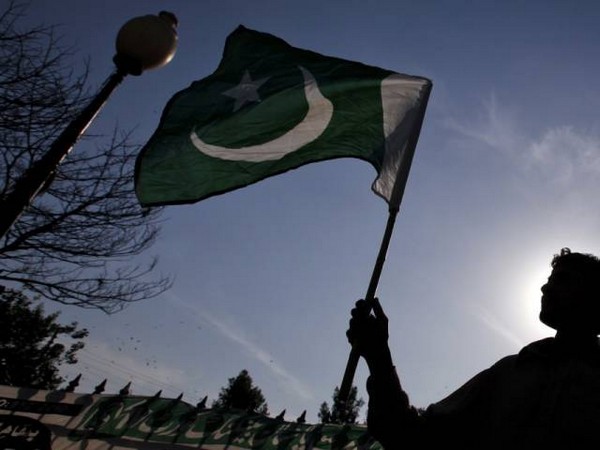While a country’s possession of nuclear capability should be marked with years of political maturity, institutional strength, restraint and an official adherence to no first use policy, Pakistan’s credentials are anything but satisfactory on all these counts, the report in Geopolitica said.
The manner in which Tehreek-e-Labaik (TLP) and Tehrik-i-Taliban Pakistan (TTP) have forced the government to surrender to their demands during the last two years, the danger of them getting a foothold in the state’s decision making cannot be ignored, the report said, adding that, there is a growing apprehension of jihadis even taking control of Pakistani nuclear arsenal.
Talking about the growing radicalization, especially within the Pakistan army, the report said, “The gradual radicalization of the Pakistani army has also translated into instances of insiders aligning with jihadi organizations to strike the defence apparatus.”
The extent of terrorist infiltration in Pakistan’s nuclear-armed military became clear when terrorists, acting with alleged intelligence assistance from “insiders,” mounted an attack on one of Pakistan’s biggest naval bases, Mehran Naval Base near Karachi in 2011, the report said.
Another major risk emanates from the manner in which Pakistan has developed nuclear weapons, using technology stolen from western countries and procured from international grey networks.
According to some analysts, the country ran a nuclear smuggling ring from its diplomatic missions and other agencies for many years, spearheaded by the so-called Father of Pakistan’s atomic programme, Abdul Qadeer Khan, the report said, adding that, the network had a role in exporting nuclear technology to countries like North Korea and Iran.
The report highlighted the unchecked expansion of Pakistan’s nuclear prowess by exploiting the dual-use technology imports as a risk facing the whole world and particularly the South Asian region.
Pakistan is among the countries posing the greatest nuclear threat, misleading the world in procuring internationally controlled items and technologies to aid its nuclear programme, the report said citing the recent ‘Threat Assessment Report’ by the Norwegian Security Agencies.
This calls for increased international collaboration for a strong vigil over various activities concerning both civil and military nuclear programmes of the country, the report said.

